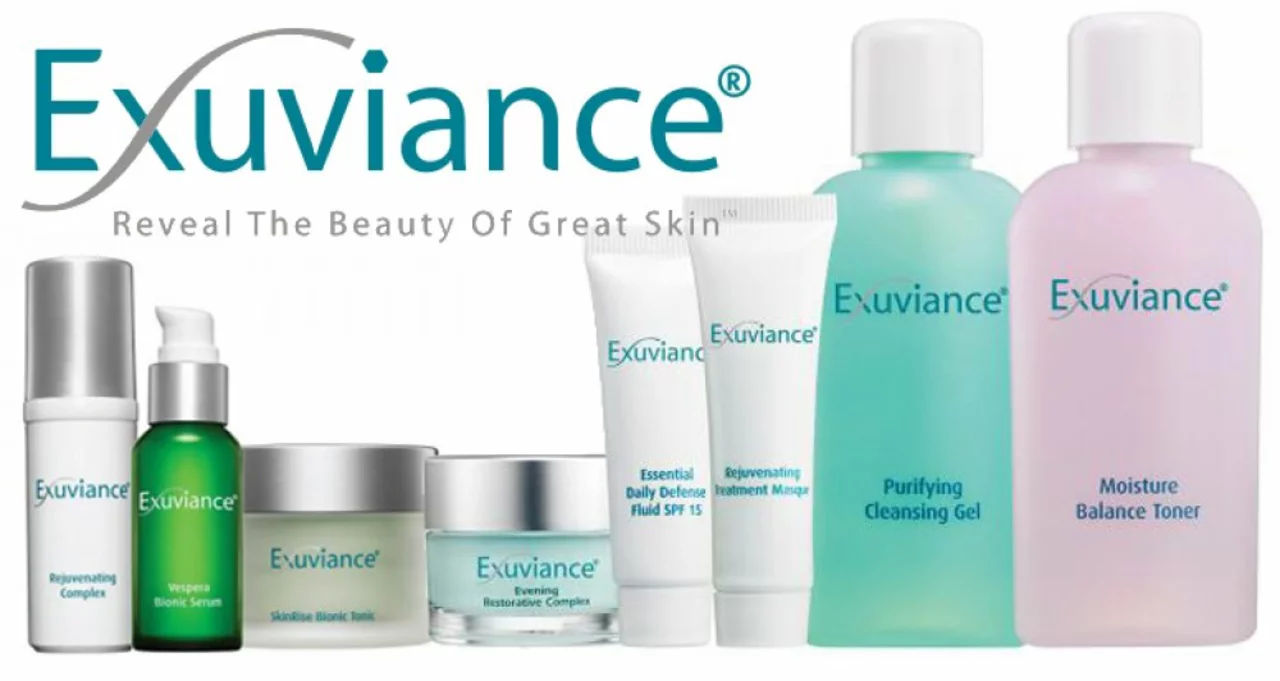Skincare products: how to pick, use, and buy them safely
Your skin reacts to more than just weather — medications, ingredients, and how you buy products matter. Here you’ll find clear, practical advice on common topical treatments (steroid creams, antifungals, depigmenting agents) and smart tips for buying skincare products online without getting burned.
If you’re shopping for a medicated cream, check three things first: the active ingredient, its strength, and whether you really need a prescription. For example, Betnovate is a potent topical steroid used for inflammatory rashes — effective but risky if used too long or on thin skin. Benoquin (monobenzone) permanently depigments skin and is not a casual choice. Over-the-counter antifungals like terbinafine (Lamisil) work well for athlete’s foot, but nail infections often need longer courses and sometimes prescription pills.
How to use topical products without harm
Start small: do a patch test when trying new products. Use the lowest effective steroid strength for the shortest time. Avoid steroids on the face, groin, or where skin is thin unless directed by a doctor. For fungal treatments, follow the full course — stopping early is the top reason infections return. If a cream causes burning, spreading rash, or no improvement in 2 weeks, stop and see a clinician.
Read ingredient lists. Look for known actives like hydrocortisone (mild steroid) or terbinafine (antifungal). Watch out for fragrances, strong alcohols, or ingredients you’ve reacted to before. Store products in a cool, dry place and check expiry dates — an expired topical can be less effective or irritate skin.
Buying skincare products online: safe habits
Buying meds or medicated creams online is convenient but risky if you pick the wrong site. Prefer pharmacies that show real contact details, require prescriptions for prescription-only products, and display licensing or verification badges. Avoid sites selling powerful prescription creams with no paperwork.
Price can be a clue — unusually low prices often mean counterfeit or expired product. Read recent user reviews and check for consistent shipping and return policies. When your order arrives, inspect packaging for seals, batch numbers, and patient leaflets. If anything looks tampered with, don’t use it and report the seller.
When to see a professional: persistent rashes, rapidly spreading skin changes, sudden pigment loss, worsening fungal nails, or any signs of infection (pus, severe pain, fever). A dermatologist can recommend safer alternatives, adjust doses, or suggest non-drug options like topical immunomodulators or light therapy.
Quick checklist before you buy or use a medicated skincare product: know the active ingredient, confirm the product is appropriate for your body area, read directions, check seller credibility, and have a backup plan to see a clinician if things go wrong. Your skin deserves treatments that help — not ones that cause new problems.

